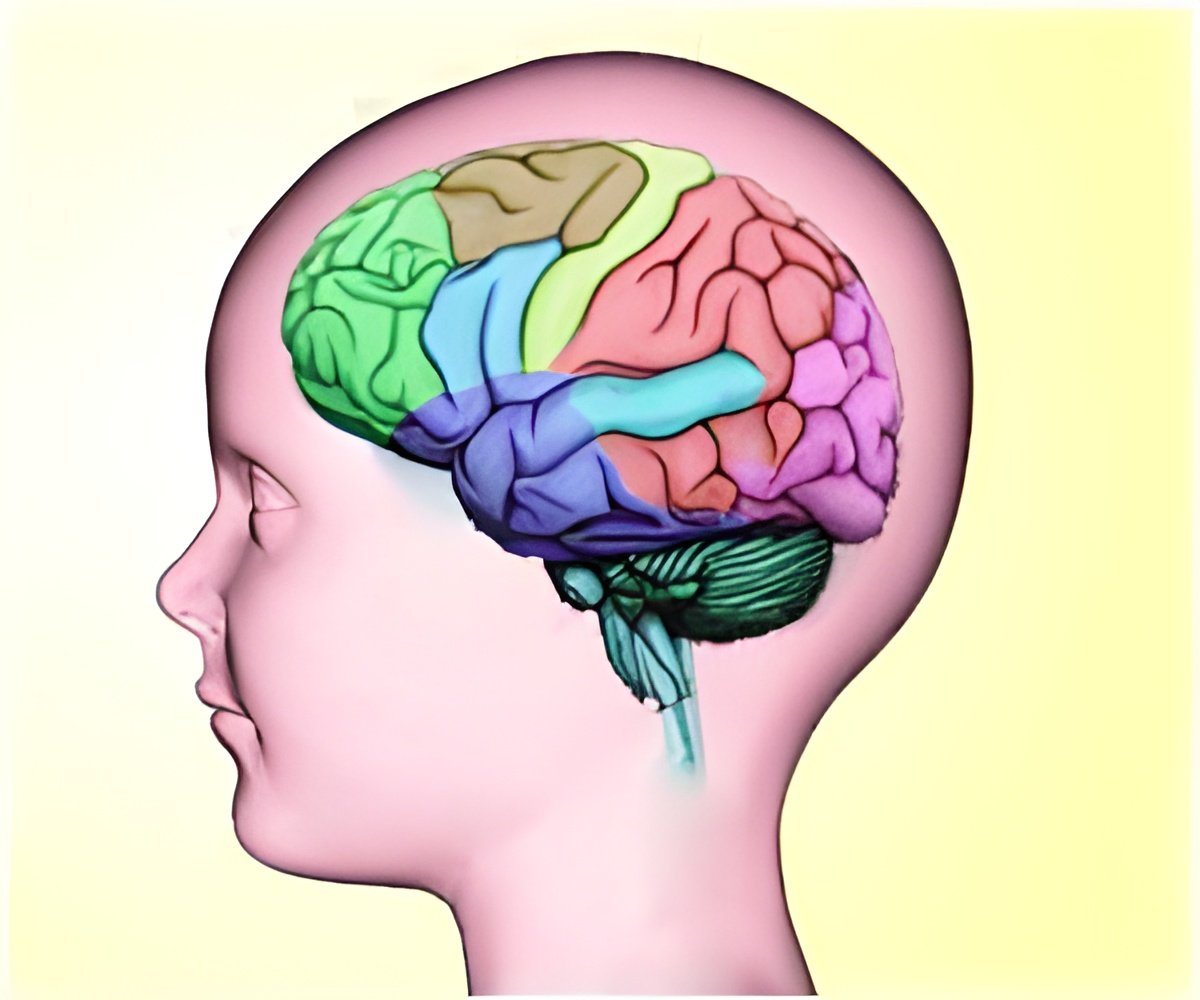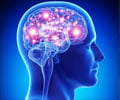Dietary therapy along with a regimen of anti-seizure medications are known to have enhance seizure control for people with epilepsy.

Their findings suggest that dietary therapy may be beneficial in some adults with epilepsy. Of the 78 patients with drug-resistant epilepsy who began a MAD, the median seizure frequency was 10 seizures per week. The authors analyzed one month of data from 78 study participants and found that 43 (55%) had a greater than 50% seizure reduction. Of these, 28 (36%) patients became seizure-free. Patients who became seizure free had been diagnosed with focal epilepsy (17), generalized epilepsy (10, including 5 with juvenile myoclonic epilepsy), and Doose syndrome (1). In addition, fifty-eight participants supplied three-month calendars of self-reported seizure activity. Of these fifty-eight patients, 28 had a seizure reduction greater than 50% and 14 became seizure-free.
The average diet therapy lasted 13 months. Forty-five (58%) participants who started the MAD have since stopped. Reported side effects include weight loss, hyperlipidemia, constipation, alopecia, amenorrhea and osteopenia. Author Dr. Mackenzie Cervenka, M.D., notes that ketogenic diets can be feasible, safe and effective treatments for drug-resistant epilepsy in adults.
A second study evaluates the efficacy and tolerability of MAD and low glycemic index diet (LGID) among adults with medically intractable epilepsy as an add-on treatment modality (Poster 2.205). Researchers at the Rush University Medical Center followed 34 adults, ages 18 to 70 years, who had medically intractable epilepsy and were treated with MAD or LGID at the Rush Epilepsy Center's Dietary Treatments of Epilepsy Clinic. An epileptologist and registered dietitian followed each study participant for a 3-month period. A total of 27 (79% of participants) patients followed a MAD, while 7 patients (21%) followed a LGID.
Among the 34 adults studied, 15 patients (44%) reported reduction in seizure frequency of 50 % or more. Quality of life was improved in 27 participants (79%) with common side effects including weight loss, constipation and hypercholesterolemia. The study suggests that both MAD and LGID are well tolerated and may be effective in improving seizure control and quality of life of among adults with medically intractable epilepsy with minimal side effects. The use of ketogenic diets in adults is rising significantly worldwide, and adult diet centers are becoming increasingly prevalent in the United States. According to the authors, these studies illustrate the feasibility and effectiveness of maintaining an Adult Epilepsy Diet Center.
"Dietary treatment of epilepsy should be discussed with every patient seen in the Epilepsy Clinic," said Dr. Antoaneta Balabanov, M.D., Rush University Medical Center. "For patients who are not responding to medical treatment, this is an alternative that can make a difference. For patients whose seizures are well controlled, adding a dietary treatment could aid in decreasing the dosage of antiepileptic drugs and subsequently reduce medication induced side effects."
Advertisement
Editor's Note: Authors of these studies will be available at a press briefing on December 8, 2014, at 10:00 AM (PT)/ 1:00 PM (ET), in the onsite press room, Room 304, Level 3 of the Washington State Convention Center. The call-in number for off-site journalists is 1-605-475-4000, passcode 521653#.
Advertisement
The American Epilepsy Society (AES) is a non-profit medical and scientific society. Our individual members are professionals engaged in both research and clinical care for people with epilepsy from private practice, academia and government. For more than 75 years, AES has been unlocking the potential of the clinical and research community by creating a dynamic global forum where professionals can share, learn and grow. AES champions the use of sound science and clinical care through the exchange of knowledge, by providing education and by furthering the advancement of the profession.
Source-Newswise














